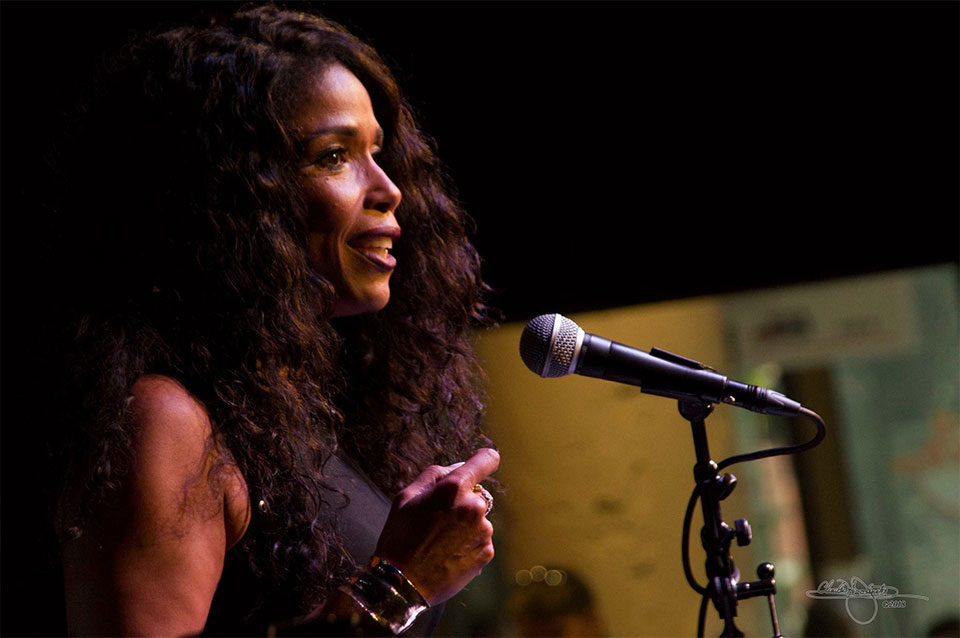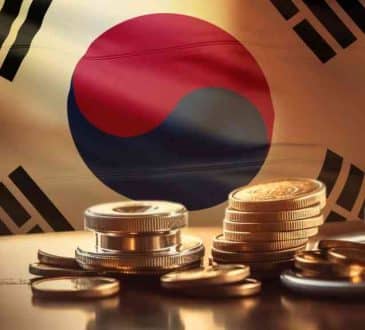Equality Isn’t Enough. It’s Time to Demand Equity: Why #Equity is 2021’s New Buzzword

Carlette Duffy owns a fully renovated three-bedroom house in Indianapolis. Looking to refinance to help her grandmother with some home improvement projects, Carlette sought an appraisal and was shocked at her home’s low valuation. She tried again, but the second appraisal came in even lower.
So Carlette decided to test out a theory. She scheduled a third appraisal without indicating her race or gender, put away family photos and anything suggesting she was a Black woman, and stayed away while a white male friend met with the appraiser. The result? Her home’s new assessed value came back at more than double the original appraisal.
“What was devaluing my home was me,” she told reporters.
This story illustrates why striving for equality isn’t enough. By law, and on paper, Carlette Duffy has access to the same processes and criteria a white homeowner enjoys: the same appraisers, the same lenders, and the same nearby properties used as sales comparisons. But unlike her white neighbors, she is subject to the systemic racism, personal prejudices, and inequities that ultimately dictate the bottom line.
Equality provides access but nothing else
Put simply, equality gives us access but nothing else. Take this example: Let’s say we try to remedy an urban food desert by building a new Trader Joe’s in a particular neighborhood. In theory, everybody has the same opportunity to visit the store and shop.
But if the Black and Latino families who live in the neighborhood can’t afford to shop at Trader Joe’s—because of the wealth gap perpetuated by systemic racism—building the store doesn’t have the intended effect. The lower-income Black and Brown community members will still be excluded from buying affordable, healthy food. They may resort to buying packaged foods at the Dollar Store or rely on cheap fast foods that are contributing to the obesity epidemic. For those families, despite the Trader Joe’s around the corner, the food desert persists.
As another example, Brown v. Board of Education struck down “separate but equal” schools and advanced school desegregation. As a result, Black children today have the legal right to attend school alongside their white peers—yet Black students endure higher rates of discipline, suspension, expulsion, and even arrest while trying to access that education.
The glaring inequities that fill our workplaces
The need to tear down these structures and rebuild a more equitable system is also glaringly apparent when it comes to women, particularly Black women, in the workplace. Suppose a job is posted. Any qualified person can, in theory, apply for that job. But what if men are always the ones doing the hiring? What if they tend to hire other men who look like them? What if the organization lacks female mentors? What if there’s never been a woman in that role in the history of the company?
Some companies proudly point to a Black woman in an executive position as “proof” of equitable hiring practices and opportunities for promotion when, in reality, research shows that those appointments often serve only to present an “illusion of inclusion.”
This representation gap is distressing enough at the outset of a Black woman’s career, and it only gets worse. The State of Black Women in Corporate America 2020 reveals that for every 100 men promoted to managerial positions, only 58 Black women are promoted—despite Black women asking for promotions at the same rate as men. And for every 100 men who are hired into managerial roles, only 64 Black women are.
This data resonates with my experience as a Black woman who, while studying at Harvard Law School years ago, interned for a summer at a leading New York law firm. Fast-forward two decades later, and who is leading that firm? White men. In fact, the firm has only had three Black women partners in the past 20 years, even though the number of women attending law school has grown exponentially in that time.
Equality—equal access—is an essential first step. But building an equitable society means we’ve got to address the entrenched barriers and biases at the core of our systems. That requires going beyond representation and making transformative change.
Where do we start?
Acknowledge the barriers. Only when we recognize the barriers of our system can we find a way around them. What’s preventing progress at your corporate firm, in academia, in your organization, your neighborhood, or even within your own home?
Share your story. Women like Carlette Duffy, who share their stories, and the people and media outlets that shine a light on them humanize the distressing data about the wealth gap and ongoing disparities in the workplace and across society.
On your way up, send the ladder back down. As thought leader and author Corey Minor Smith eloquently states:
“My dream vision for the future of female leadership is that young girls will imagine themselves in leadership and execute a plan of action to get there. The dream includes women making it a priority to be available as mentors, sponsors, and guides for young girls to see the possibility for their futures and help them on a shorter, less complicated path to get there.”
Failing to ensure that women, and particularly women of color, can truly thrive fails all of us. Equality is not enough. We need equity. We need transformative change.
Written by Areva Martin.
Add CEOWORLD magazine to your Google News feed.
Follow CEOWORLD magazine headlines on: Google News, LinkedIn, Twitter, and Facebook.
Copyright 2024 The CEOWORLD magazine. All rights reserved. This material (and any extract from it) must not be copied, redistributed or placed on any website, without CEOWORLD magazine' prior written consent. For media queries, please contact: info@ceoworld.biz








